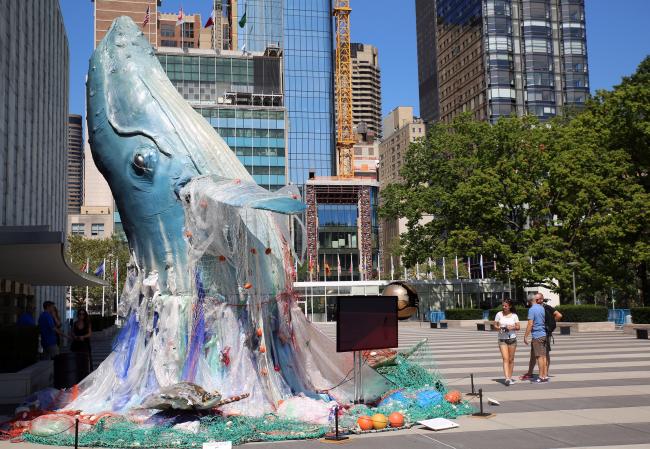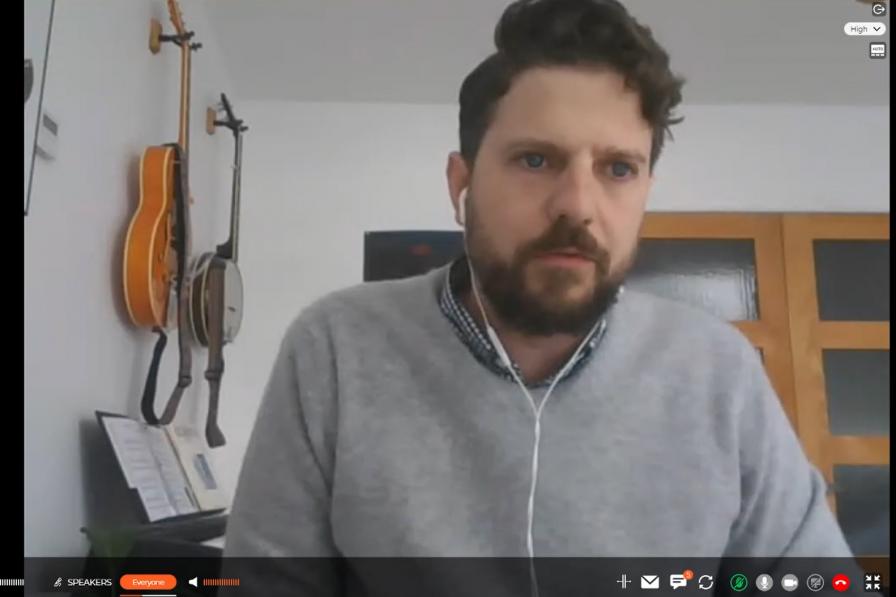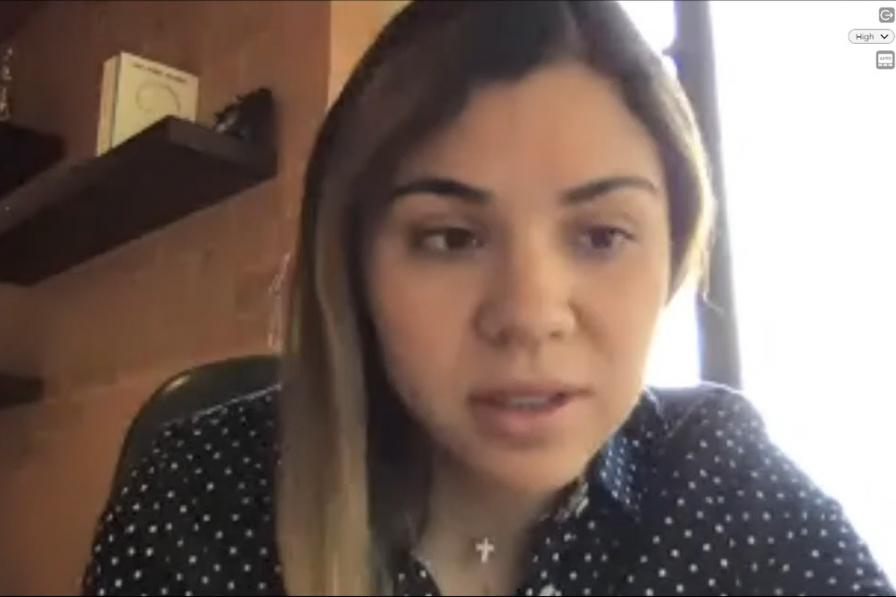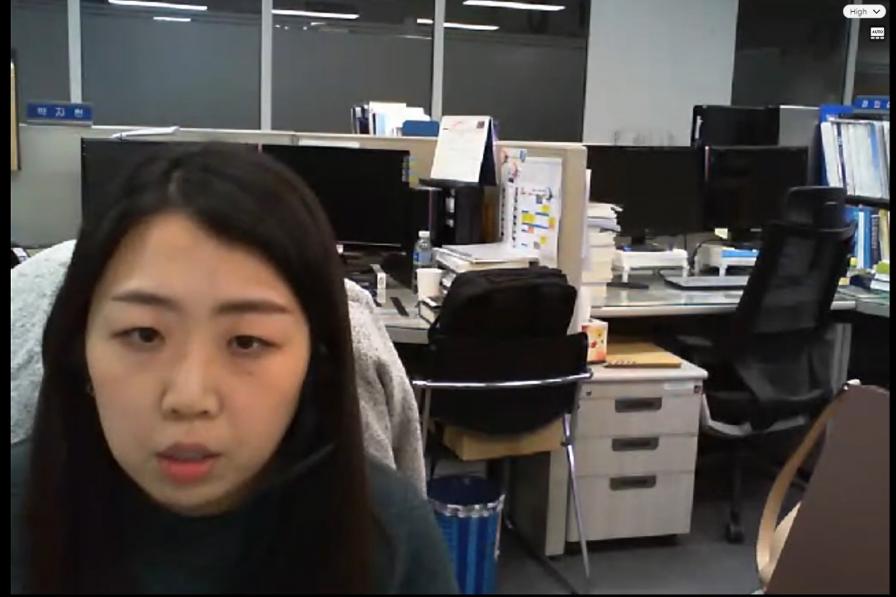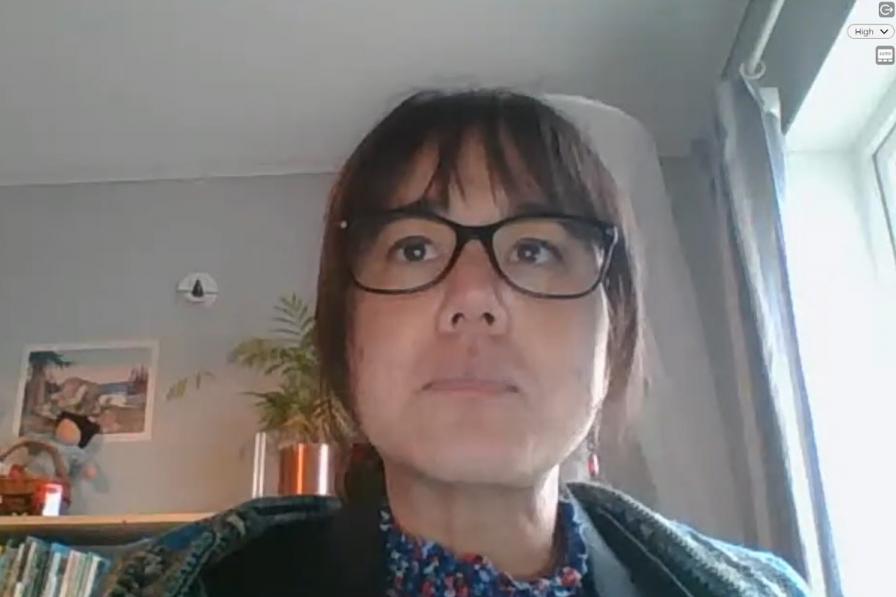Delegates attending the fourth meeting of the Ad-hoc open-ended expert group on marine litter and microplastics (AHEG-4) met for a second day to continue deliberations, albeit through technical and connectivity challenges. They dived into their work for the day, being chaired by both Chair Satoru Iino (Japan), and Vice Chair Pernilla Ahrlin (Sweden), by discussing a stocktaking exercise of existing activities and actions by all stakeholders to reduce marine litter and microplastics with the aim of the long-term elimination of discharge into the oceans.
After an informative presentation by the UN Environment Programme Secretariat, outlining the results of a global survey of activities and actions, delegates also heard about two new platforms to present the stocktake data through an online repository and an interactive dashboard. The secretariat will open the stock-taking survey for submissions until the end of December and update the platform accordingly for UNEA. Welcoming the results of the stocktaking efforts, several delegations stressed the need for a stronger global commitment to eliminate marine litter and microplastics, with others also noting the importance of addressing the sources of marine plastic pollution (or “upstream” actions and measures).
After a short but important discussion on partnerships, delegates briefly considered whether to begin their work on response options to marine litter and microplastics, given the amount of time left to complete the agenda. Chair Iino underlined, supported by some delegations, that each agenda item should be discussed thoroughly, with Iino noting that there would be an entire day’s session dedicated to response options.
The group then began their analysis of the effectiveness of existing and potential response options and activities. The potential response options analyzed include:
- strengthening the existing international framework;
- strengthening regional frameworks;
- ensuring and enhancing global design standards;
- establishing a new international framework; and
- strengthening national microplastics strategies.
Some delegates were concerned about the analysis of the options to address marine litter and microplastics, with a few calling for a less prescriptive approach which would allow countries to choose the option(s) best suited to their specific circumstances. A number of other delegations opined that the analysis made the case for a new international legally binding agreement, with some suggesting that this agreement consider plastic pollution more generally.
Throughout the proceedings, delegates were also encouraged to provide written comment on the draft Chair’s Summary, which is the primary output of this meeting. It will inform the fifth meeting of the UN Environment Assembly, scheduled to be held in two sessions in 2021 and 2022.
